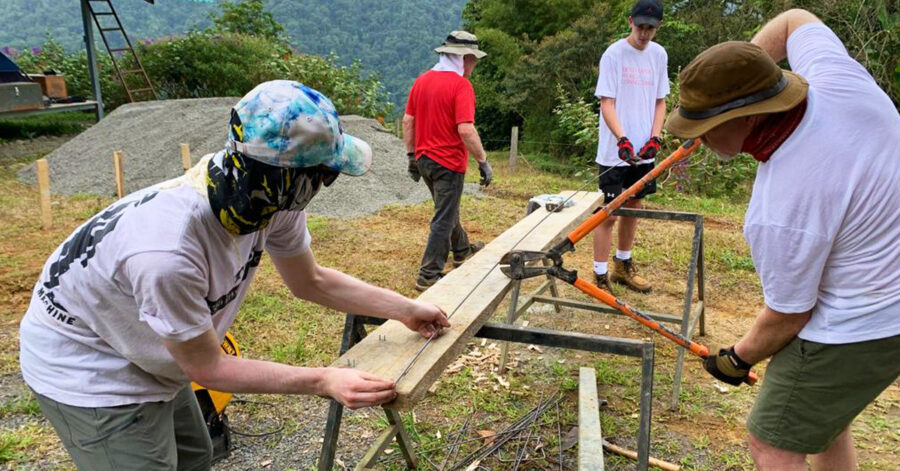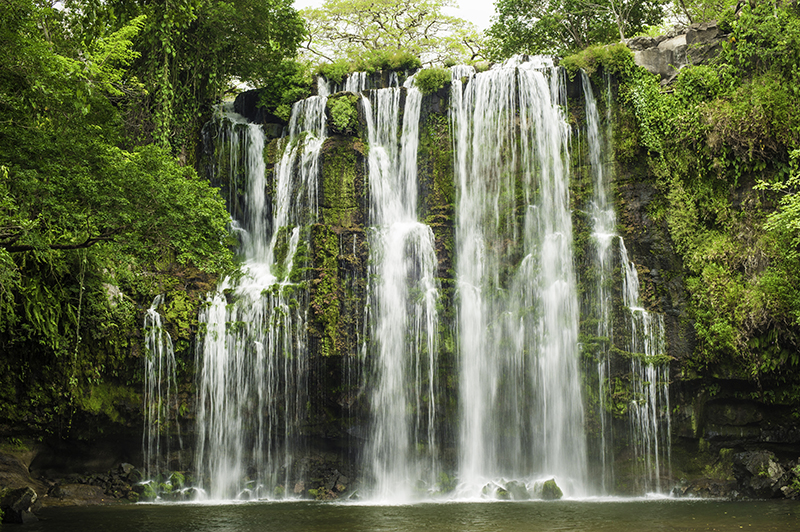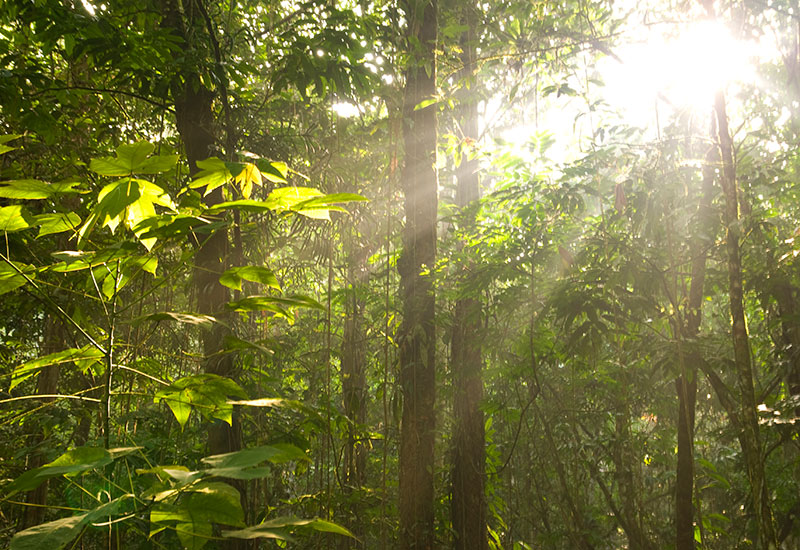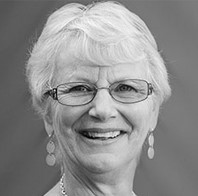
Help with a Maternal Health Centre Renovation
Cimarrones is a small community of 700 people in Limon province of Costa Rica. Most paid work is at the nearby banana or pineapple plantations or to provide services to the 56,000 residents of the district of Siquirres. Inequality is high in this region as tourism is not developed. Wages are low, job security is virtually non-existent and health care benefits are not extended to seasonal workers.
The government agency CenCinai provides a critical support function for children with nutritional deficiencies. It provides services to mothers and their infants providing essential basic nutrition and support. This center has more than 250 families who receive milk for infants and food provisions for children suffering from malnutrition. Also 10 high risk mothers and 20 children receive hot food every weekday. This important component of the community lacks funding for significant infrastructure improvement. The clinic needs a secure storage room as it is located in an area where there is frequent risk of theft.
This DWC project will see an accessible washroom and a secure storage room for supplies built by volunteers to serve local mothers and their infants. The team will be welcomed by our partners, Asociacion Mar a Mar and CenCinai’s committed and enthusiastic staff. Volunteers will work alongside local tradesmen on a variety of construction/renovation tasks. You could be mixing concrete and mortar, helping with plumbing and fixtures or organizing a storage space
In Costa Rica
- The unfortunate truth is that 1.1 million people currently live in poverty in Costa Rica. Most of the poor population in the country is situated within rural areas.
- Around 20 percent of the population live below the national poverty line of earning less than $155 per month.
What to ExpectA Typical Workday in Costa Rica
DWC teams will work with our in-country partner Mar a Mar serving Cimarrones in Limon province a remote, small settlement about three hours east of San Jose and 45 km from the picturesque, small town of Siquirres.
In general, expect to work 6-8 hours per day. Volunteers usually wake up early, around 6:00 or 7:00 am for breakfast. After breakfast, the team is transported to the project site (usually by private bus) and the workday begins, usually somewhere between 8:00 and 9:00 AM. There will be lunch in the middle of the day, which is either provided by your workplace, host family, or purchased by you. Your workday will usually end around 4:00 pm.


Explore in Costa Rica
A trip here is both unique and rewarding with many options for your free time. You can absorb the environment around your host community during the week before spending your days off relaxing or adventuring.
Catch views towards Turrialba Volcano, the Atlantic sea and the Talamanca mountains with guided hiking to help you navigate through the dense jungle of nearby National Park Barbilla. This is a 29,500 acre protected forest on the Caribbean side of the Talamanca Mountains. The park is the home of the second-largest indigenous group in Costa Rica, the Cabécar. This area is ecologically rich and important as a water source for rare (and even endangered) species including three-toed sloths, jaguars, ocelots, pumas, tapirs, toucans and countless other bird species. The ranger station for the National Park is located in Las Brisas de Pacuarito.
Easily fill up your time with Banana, Vanilla or Chocolate Tours and get involved in fun evening activities with local families including crafting souvenir walking poles, salsa dancing, dice games, Settlers of Catan (game) and soccer.
The climate is tropical, warm and humid, all year round. January is part of the dry season on the pacific coast characterized by essentially constant daily high temperatures of 30°C. While this equatorial region is characterized by low temperature variations, frequent showers and thunderstorms are common so packing a light raincoat is a good idea.
Trip Details

Travel Light Offset Your Carbon Footprint
Carbon offsets are used to compensate for the greenhouse gasses that we create through certain activities, such as flying. For every tonne of carbon released into the atmosphere, an ‘offset’ is a carefully designed project that absorbs or stores the equivalent CO2 emissions. You can choose to offset your own flight, your whole family’s, or do this as a gift for a friend.
Offset Your Carbon Footprint
